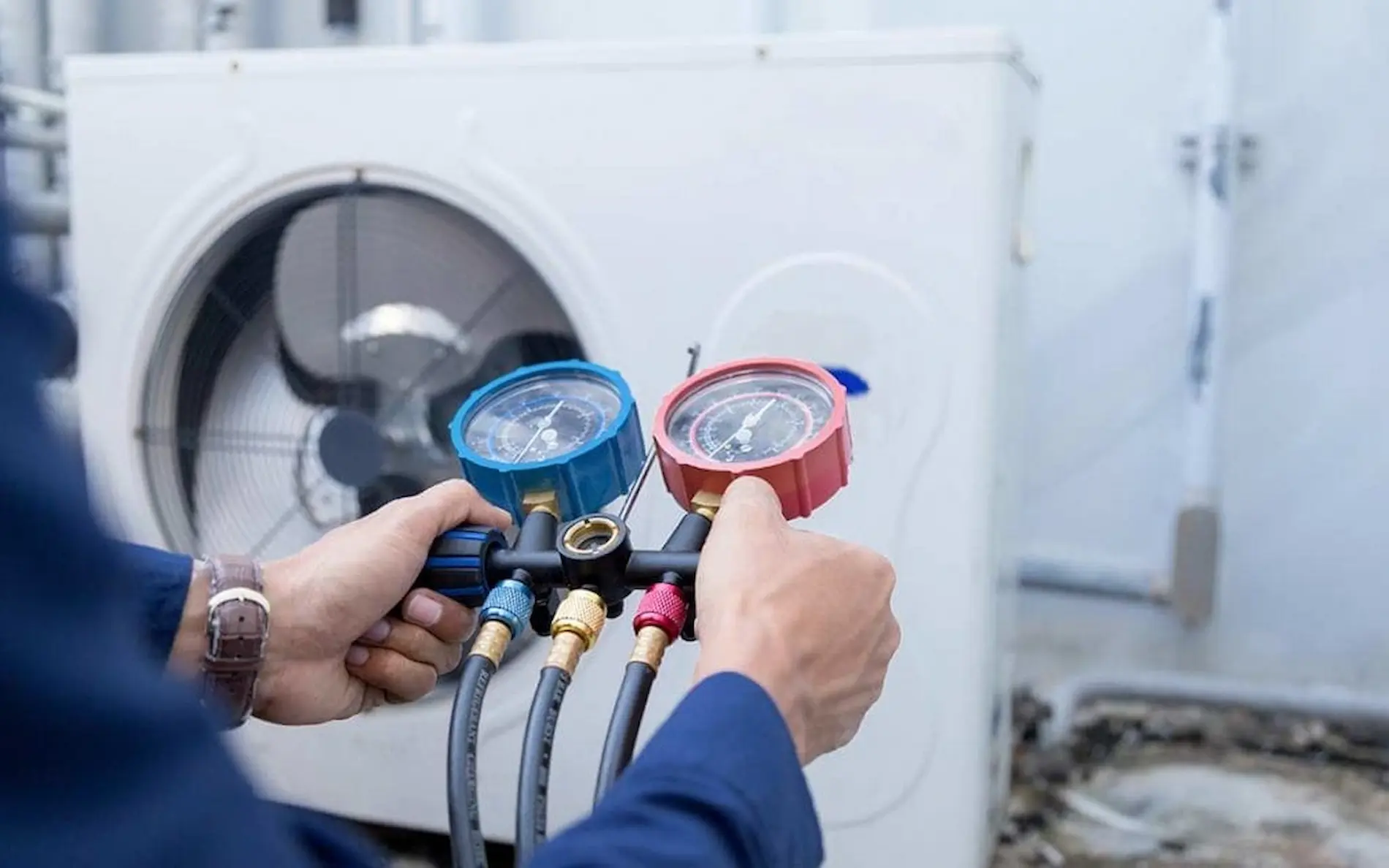4.8
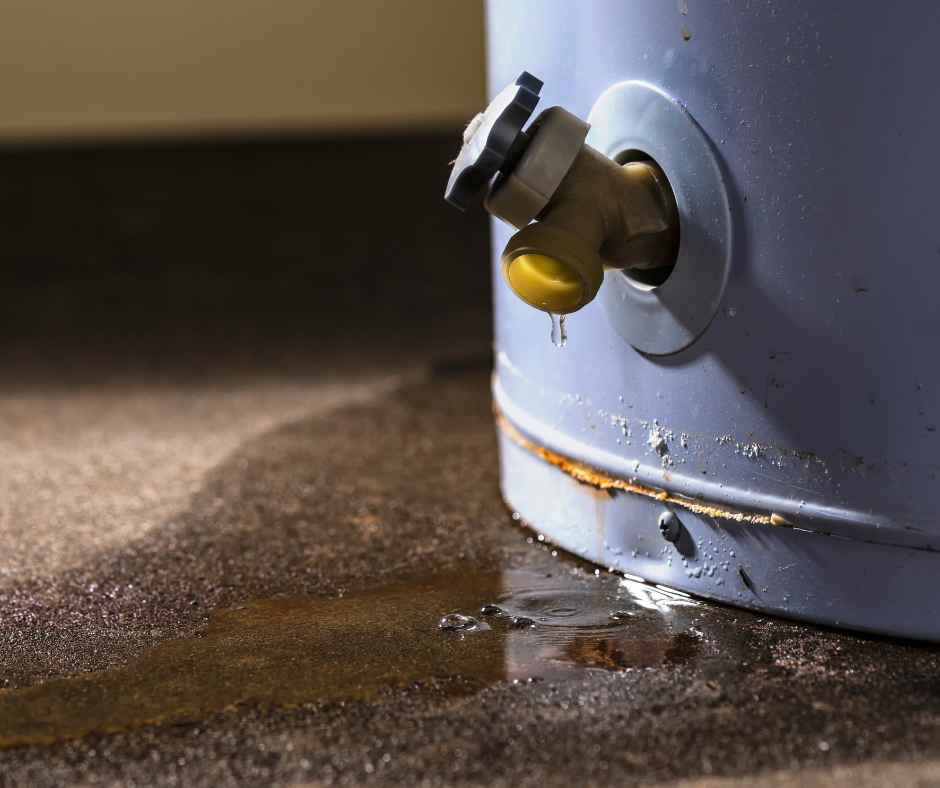
How Much Does It Cost To Replace a Water Heater?
Replacing a water heater is a significant investment for homeowners, but it is essential for maintaining a reliable supply of hot water. The cost to replace a water heater can vary based on several factors, including the type of water heater, the complexity of the installation, and additional features or upgrades.
In this blog, we’ll explore the factors that influence the cost of water heater replacement and provide estimates to help you budget for this important home improvement project. Whether you’re dealing with an old, inefficient unit or planning an upgrade, Lazer Home Services in Des Moines is here to guide you through the process and ensure your home has a dependable hot water supply.
Factors Influencing the Cost of Water Heater Replacement
Several key factors can affect the overall cost to replace a water heater. Understanding these factors will help you make an informed decision and prepare for the associated expenses.
1. Type of Water Heater
The type of water heater you choose is one of the most significant factors in determining the cost. There are several types of water heaters available, including traditional tank water heaters, tankless water heaters, heat pump water heaters, and solar water heaters. Each type has its own price range and installation requirements.
- Traditional Tank Water Heaters: These are the most common type and typically cost between $300 and $1,500, depending on the size and efficiency rating.
- Tankless Water Heaters: These units provide hot water on demand and can be more energy-efficient. They usually cost between $1,000 and $3,000.
- Heat Pump Water Heaters: These systems use electricity to move heat from the air or ground to heat water and can cost between $1,500 and $3,500.
- Solar Water Heaters: These eco-friendly systems use solar energy to heat water and can cost between $2,000 and $5,000 or more, depending on the system size and complexity.
2. Size and Capacity
The size and capacity of the water heater also influence the cost. Larger units with higher capacities will generally be more expensive. It’s important to choose a water heater that meets your household’s hot water needs without being oversized, as this can lead to unnecessary energy consumption.
3. Installation Complexity
The complexity of the installation can significantly impact the overall cost. Factors such as the location of the water heater, accessibility, and the need for additional plumbing or electrical work can increase labor costs. For example, replacing a water heater in a basement or a difficult-to-access area may require more time and effort.
4. Energy Efficiency
Water heaters come in various energy efficiency ratings. Higher efficiency models may cost more upfront but can save you money on energy bills over time. Consider the long-term savings when evaluating the cost of water heater replacement.
5. Additional Features and Upgrades
Additional features such as smart controls, extended warranties, and advanced safety features can also affect the cost. While these features may add to the initial expense, they can enhance the performance and longevity of your water heater.
6. Permits and Inspections
Obtaining the necessary permits and scheduling inspections is crucial for ensuring the water heater replacement complies with local building codes. These permits and inspections come with additional fees that should be factored into the overall cost.
Benefits of Replacing a Water Heater
Investing in a new water heater offers several benefits that can improve your home’s comfort, efficiency, and value:
1. Improved Energy Efficiency
Newer water heaters are designed to be more energy-efficient, which can lead to significant savings on your energy bills. By replacing an old, inefficient unit, you can reduce your household’s energy consumption and environmental impact.
2. Reliable Hot Water Supply
A new water heater ensures a consistent and reliable supply of hot water for your home. This is especially important for daily activities such as showering, washing dishes, and doing laundry.
3. Enhanced Performance
Modern water heaters come with advanced features and technologies that enhance their performance and longevity. Features such as smart controls and improved insulation can provide better temperature control and energy savings.
4. Increased Home Value
Upgrading to a new water heater can increase your home’s value and appeal to potential buyers. A well-maintained and efficient water heating system is an attractive feature for any home.
5. Safety and Compliance
Replacing an old water heater with a new, compliant unit ensures that your home meets current safety standards and building codes. This reduces the risk of potential hazards such as leaks, carbon monoxide poisoning, and electrical issues.
Call Lazer Home Services For Water Heater Replacement
Replacing a water heater is a significant investment, but it is essential for maintaining a reliable and efficient hot water supply in your home. The cost to replace a water heater can vary based on several factors, including the type of water heater, the complexity of the installation, and additional features or upgrades. By understanding these factors and obtaining a detailed estimate, you can better plan your budget for this important home improvement project.
If you’re considering a water heater replacement, contact Lazer Home Services in Des Moines for professional and reliable service. Our experienced technicians are here to help with all your water heater needs, from installation and repairs to maintenance and upgrades. Ensure your home’s comfort and efficiency by reaching out to us today.
Recent News
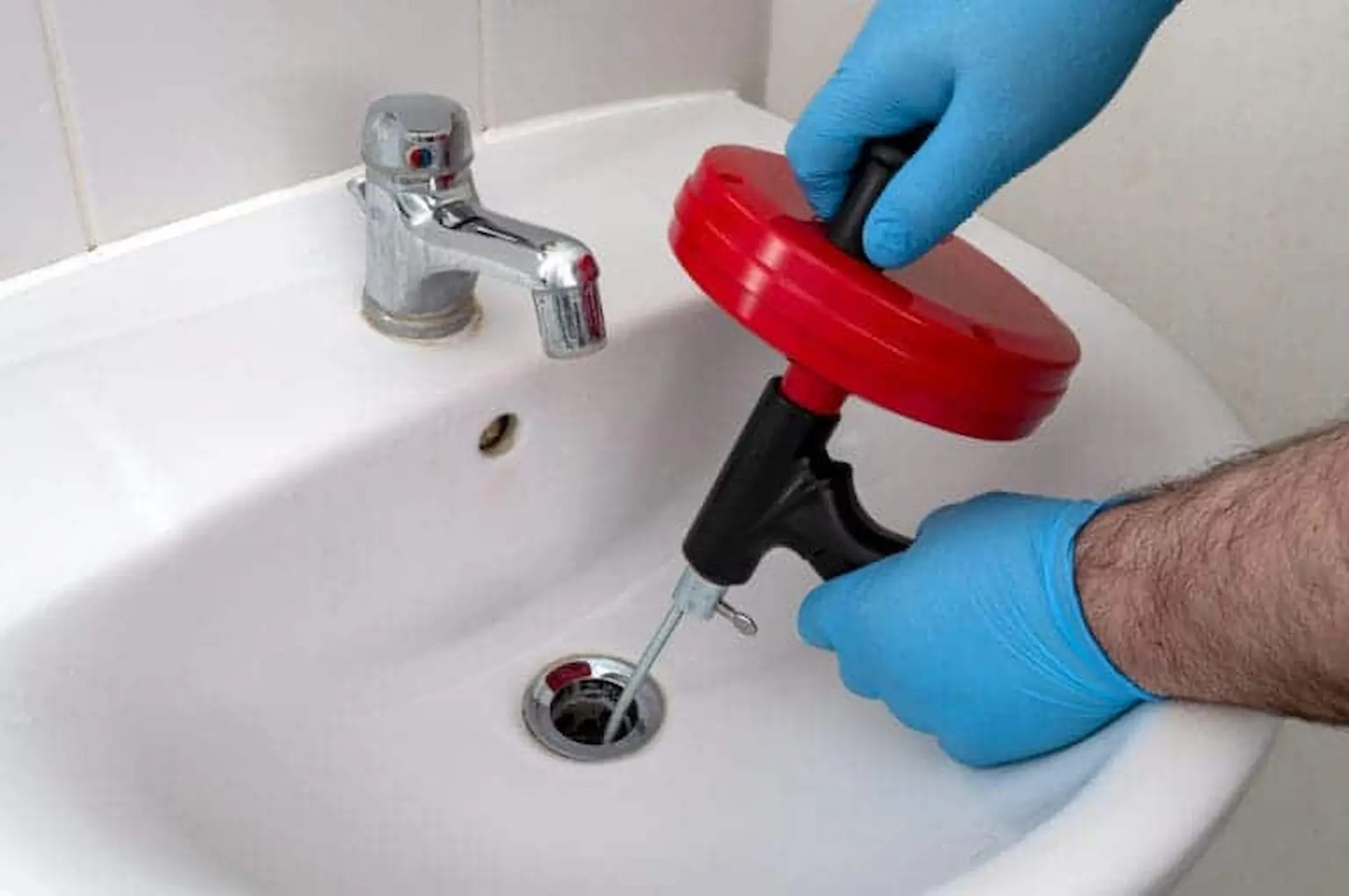
Residential Drain Cleaning in Des Moines | Lazer Home Services
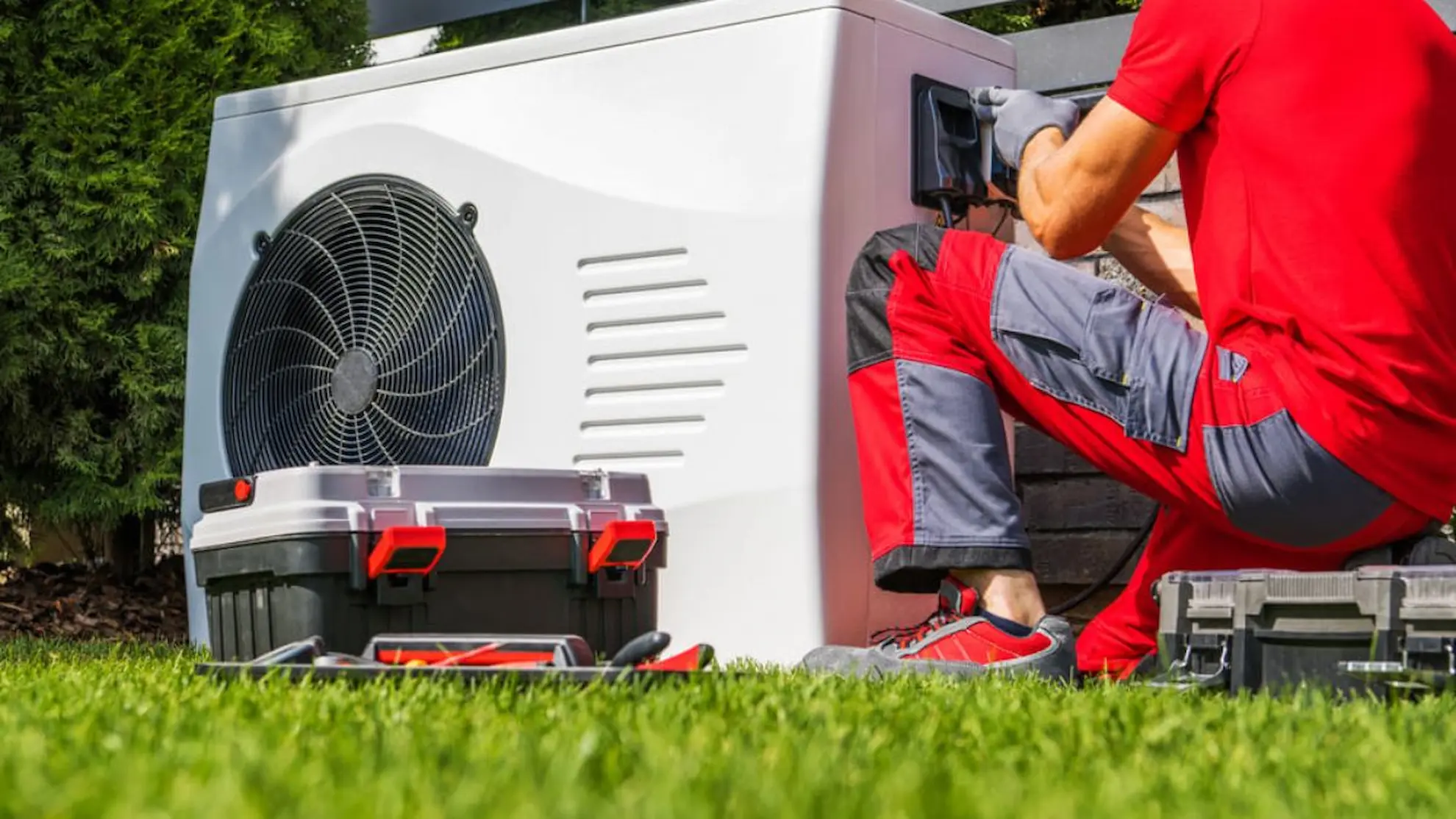
Heat Pump Repair and Installation Solutions in Des Moines.

How to Detect Hidden Pipe Leaks | Lazer Home Services

5 Early Warning Signs Your Home Plumbing Needs Urgent Attention
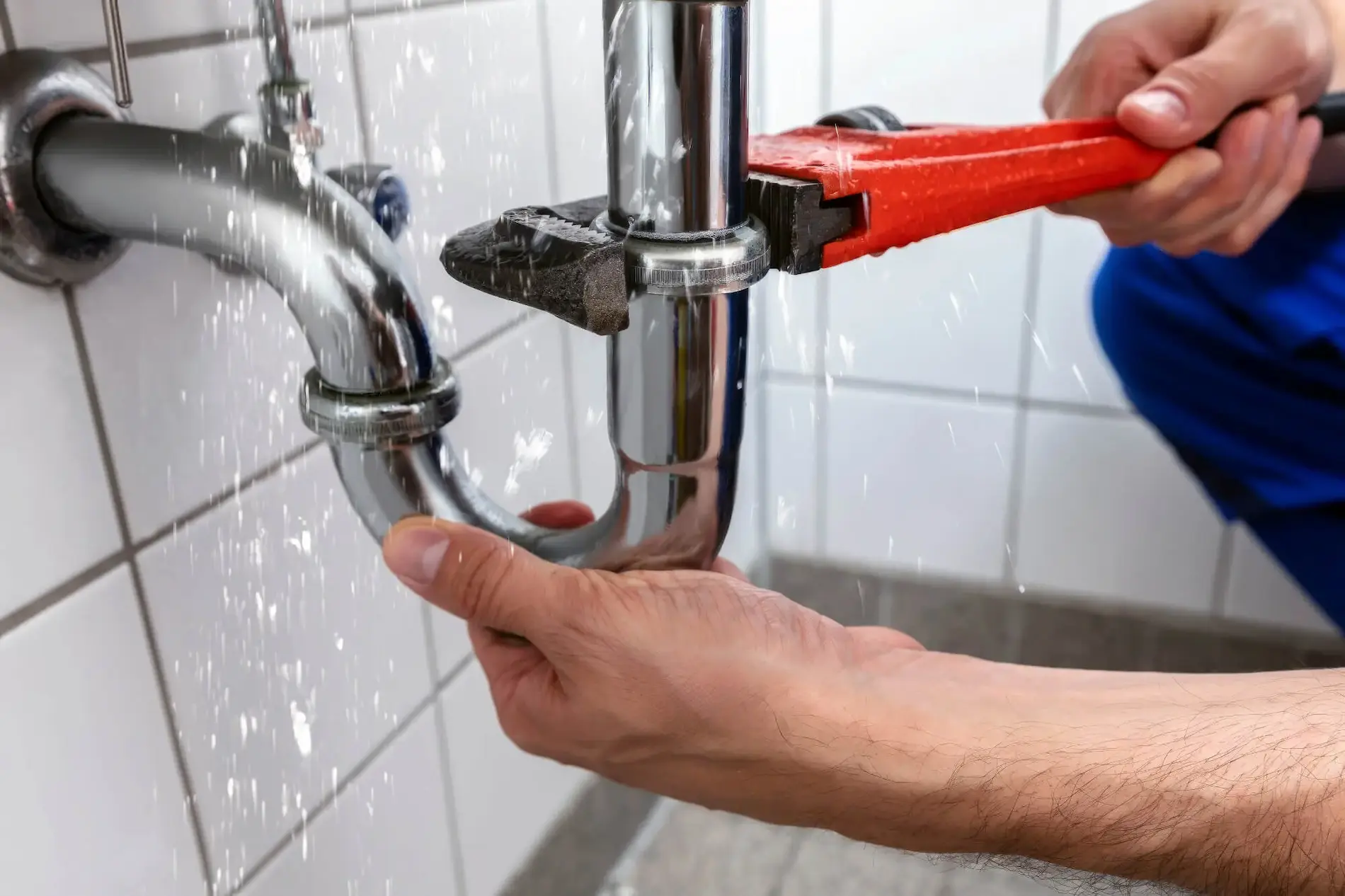
Plumbing Maintenance Checklist Des Moines | Lazer Home Services
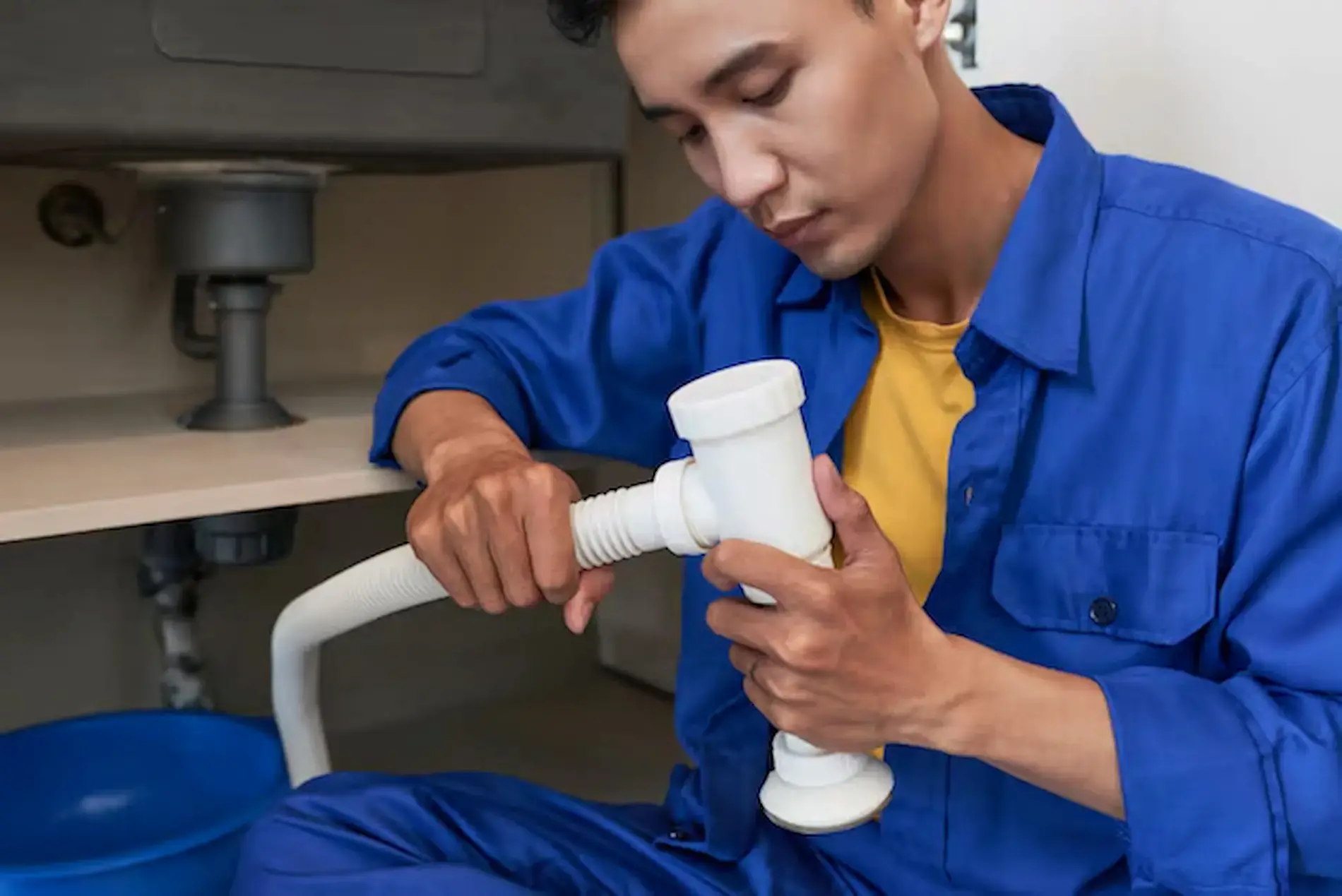
Leak Detection and Repair in Des Moines | Lazer Home Services
